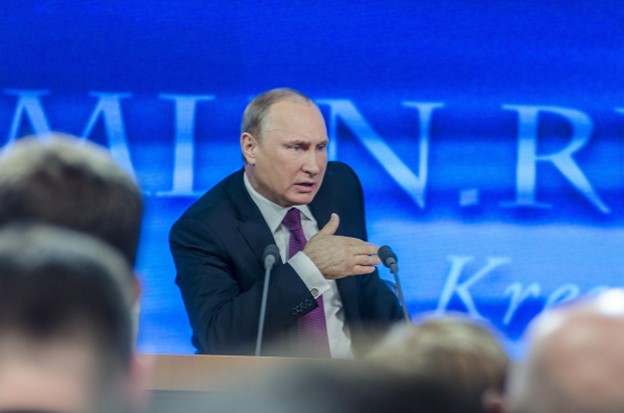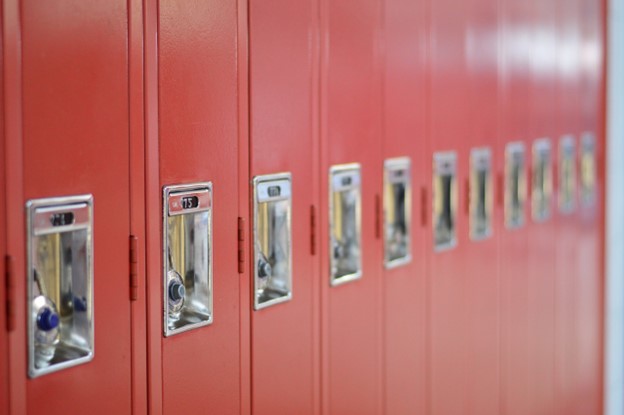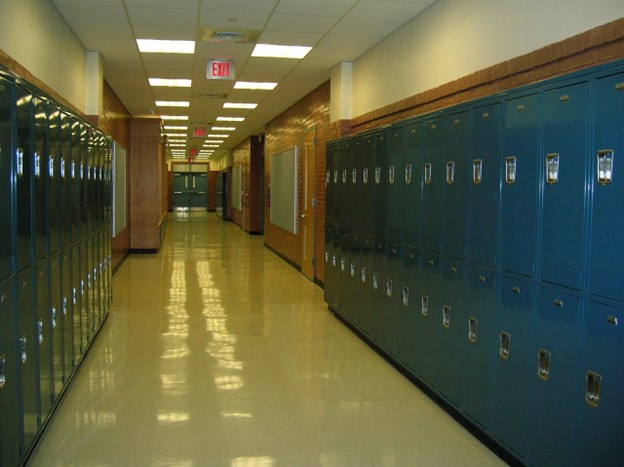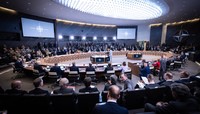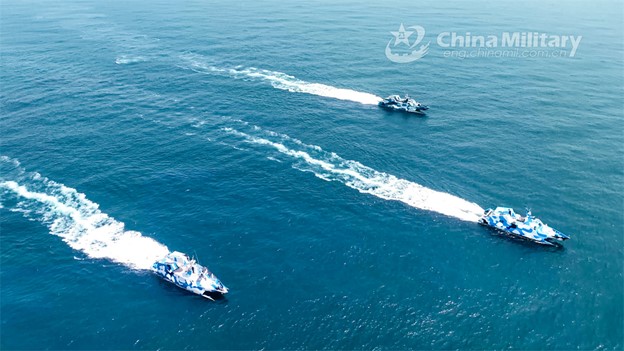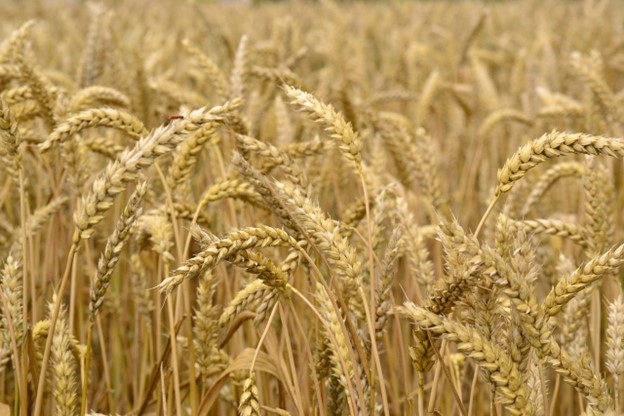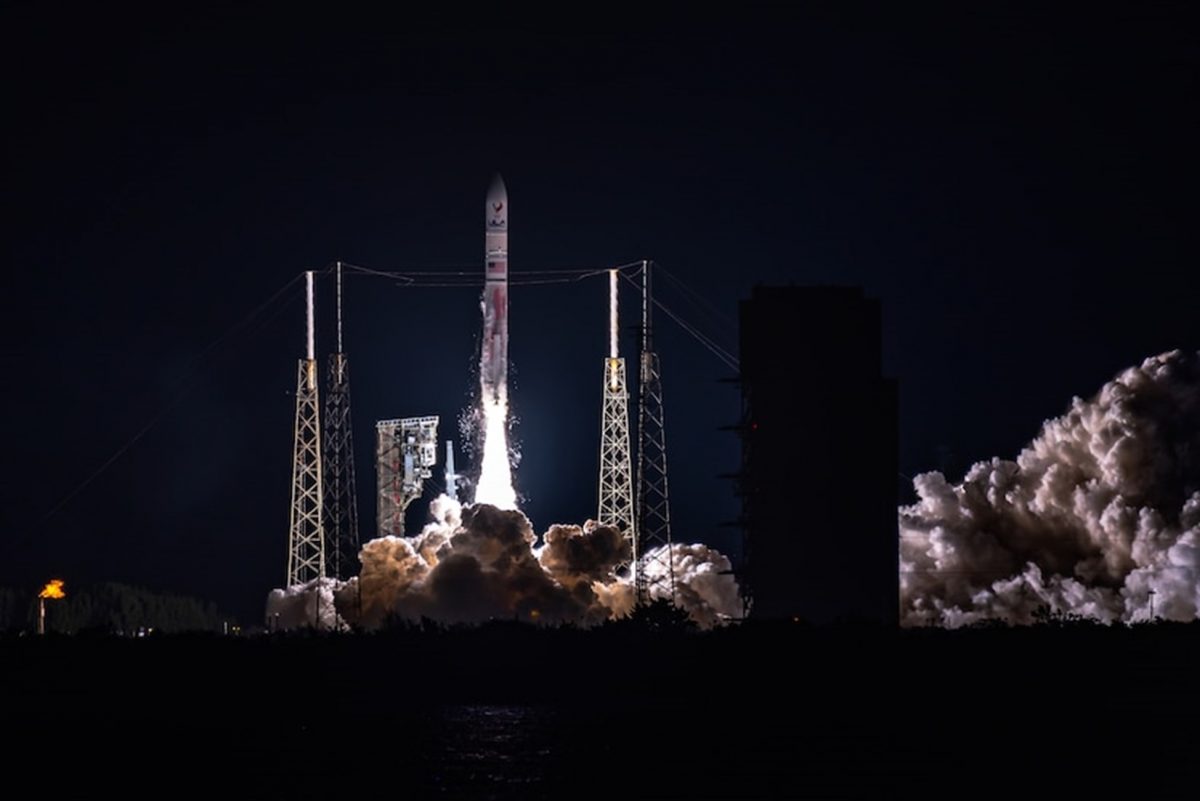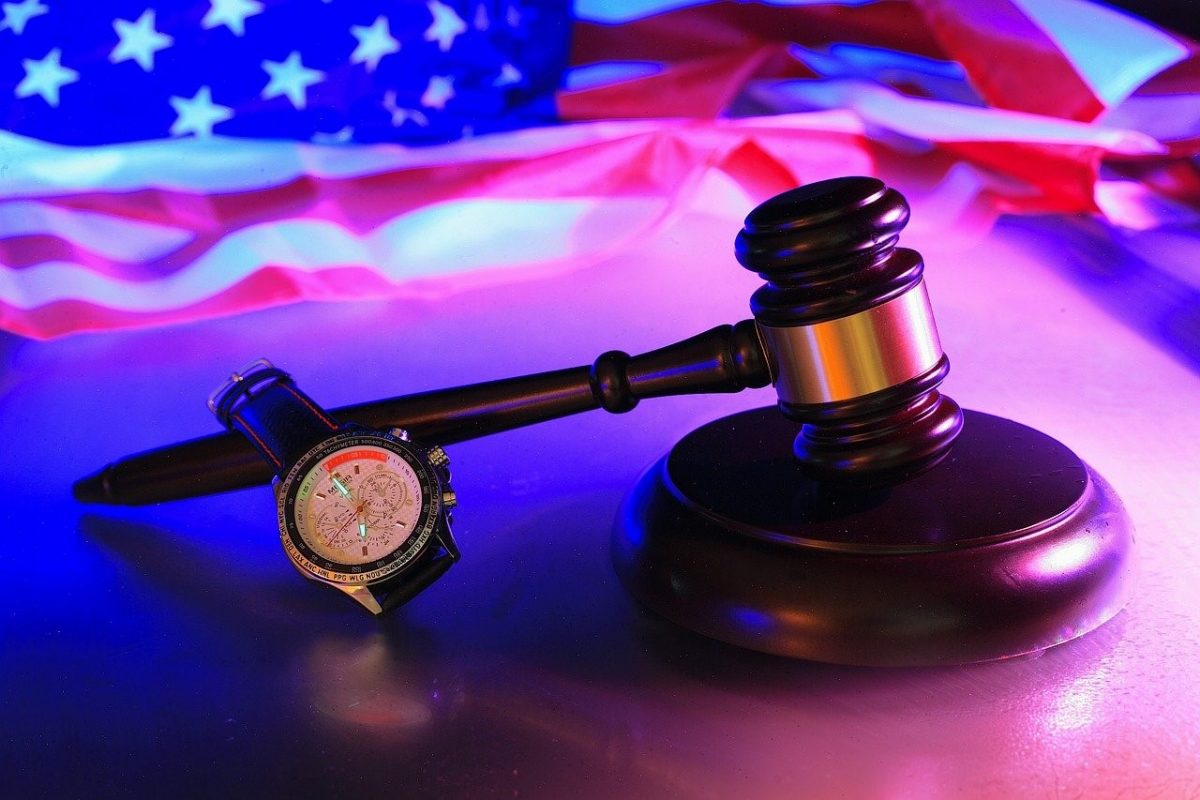The Kremlin this week released a series of “leaks” intended to signal the West that Russia is ready to freeze hostilities in Ukraine. It is far from the truth and belies the more dire long-term outlook planned for Ukraine by Russian President Vladmir Putin. He is fighting two major wars. One battlefield is located in Ukraine. The second struggle is more strategic and global. In that war Russia is allied with China, North Korea, and Iran in a lightly veiled effort to destroy the United States. Putin’s grand ideological vision shapes his perspectives. He yearns for the return of the days of glory and predominance of the Russian Empire over Europe. He uses misinformation, misdirection, disinformation, and propaganda as tools to aide him in his quest.
Putin’s long-term goal dictates that conspiracists in the Kremlin play a critical policy role today as well as prepare for roles in the future. Since 2014 leaders in the Russian government are following an increasingly “paranoid style” in how they view the West. Despite the recent reshuffling of many senior positions in the government, western analysts suggest that Putin’s confidants are simply becoming more public in their beliefs than in earlier days, when they talked quietly about reviving the Russian motherland to its former glory. It is important western leaders recognize that Putin’s strategic war against the West continues despite the latest offer of negotiations or the reshuffling inside the Kremlin.
The recent transfer of Nikolai Patrushev from head of the Russian Security Council to a less broad position as presidential aide should not be interpreted as a predictor that Putin is backing off his strategic and military objectives. It may be, in fact, an indication of the opposite… Putin appears to be garnering more power for himself by fulfilling multiple leadership roles. Ilya Matveev, writing in Moscow Times, says that the conspiratorial thinking of Kremlin insiders under Putin is not a new phenomenon and that the recent reshuffling in the leadership is not an indicator that Putin is backing off from his goals. He points out that “Putin fully assimilated Patrushev’s thinking into his own rhetoric. His recent speeches on the “centuries-old Russophobia of Western elites” are indistinguishable from Patrushev’s interviews.” The latest twist may be that the Russian leadership is becoming more open in advancing its goals.
Putin recently offered preconditions for halting its war in Ukraine. They were refused by Kyiv in the spring of 2022 and again today, along with the Kremlin’s additional demand for acceptance of Russian territorial gains since its invasion in February 2022. Vladimir Socor, of the Jamestown Foundation, says that Russia is not demanding Ukraine’s unconditional surrender to end the war, but, instead, is aiming to use the sham negotiations to create the appearance of Ukrainian and Russian consent to Russian-imposed conditions. “The terms, as currently outlined, would not end the war but rather enable Moscow to proceed to the next stage of the same open-ended war from stronger positions,” according to Socor.
The “ground truth” in Ukraine is vastly different than in the spring of 2022 when Ukraine’s president Volodymyr Zelensky felt compelled to participate in negotiations to gain time to strengthen his military forces. Today Putin is negotiating to have direct influence in Ukraine’s domestic affairs, as turn the nation-state into a permanently neutral, nonaligned, and nonnuclear country that is barred from entering into alliances with other states through a revision in its constitution. Putin knows these terms are unacceptable to Ukraine. The limits of the treaty would leave Ukraine permanently vulnerable to Russian military blackmail, according to Socor. “In parallel,” he adds, “the Kremlin seeks to foster divisive debates in the West and within Ukrainian society by offering political conditions for ‘ending the war’ or a ‘freeze.’ Acceptance of Russia’s conditions would only cement its territorial gains, which would, in turn, create new threats to a rump Ukraine and its Western neighbors.” Putin may not obtain his goal of restoring the Russian Empire. He may, however, be a part of a globally disruptive alliance that will bring chaos to the world for many more years.
Daria Novak served in the U.S. State Dept.
Photo: Pixabay
